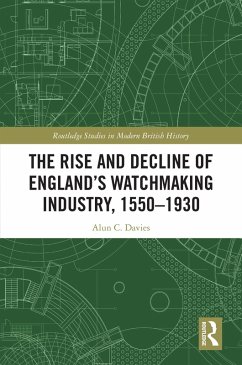
Reflections on the Decline of Science in England, and on Some of Its Causes (eBook, PDF)
Sofort per Download lieferbar
4,49 €
inkl. MwSt.

PAYBACK Punkte
0 °P sammeln!
A sharp criticism of the Royal Society written by the inventor of the computer. Offers some interesting insights into the state of scientific inquiry in England at the time. One interesting piece of trivia is presented regarding electricity. It was fun to read the section on fudged numeric results. There are people have been making up research data for a long time.












